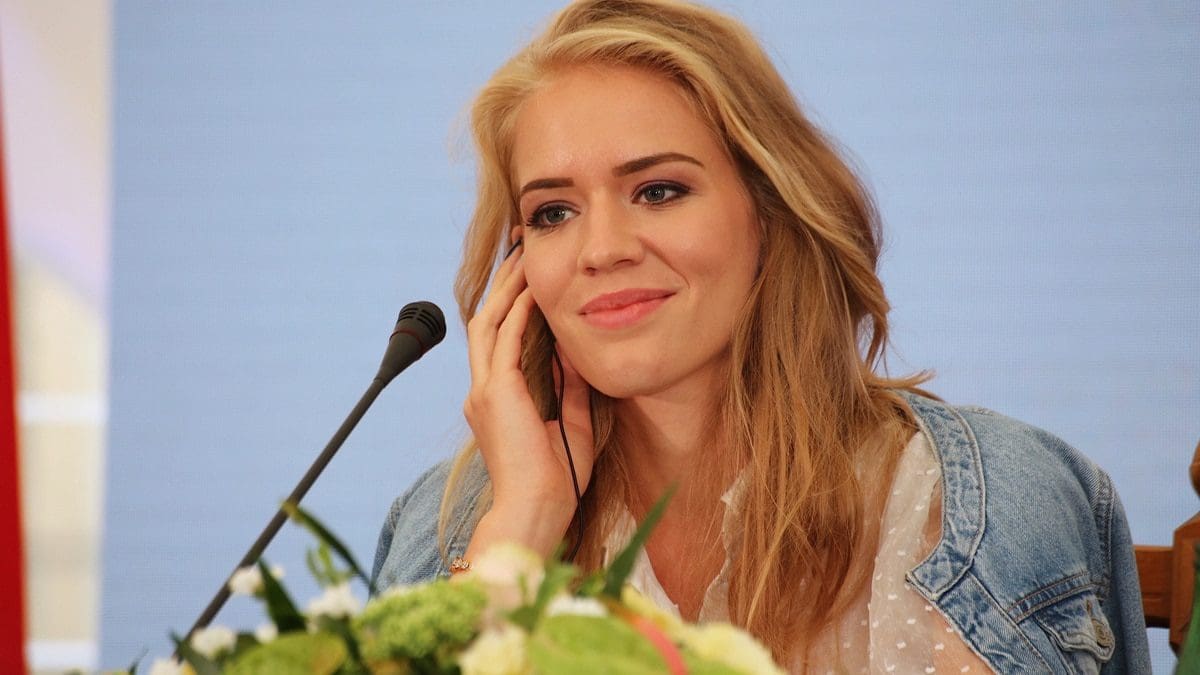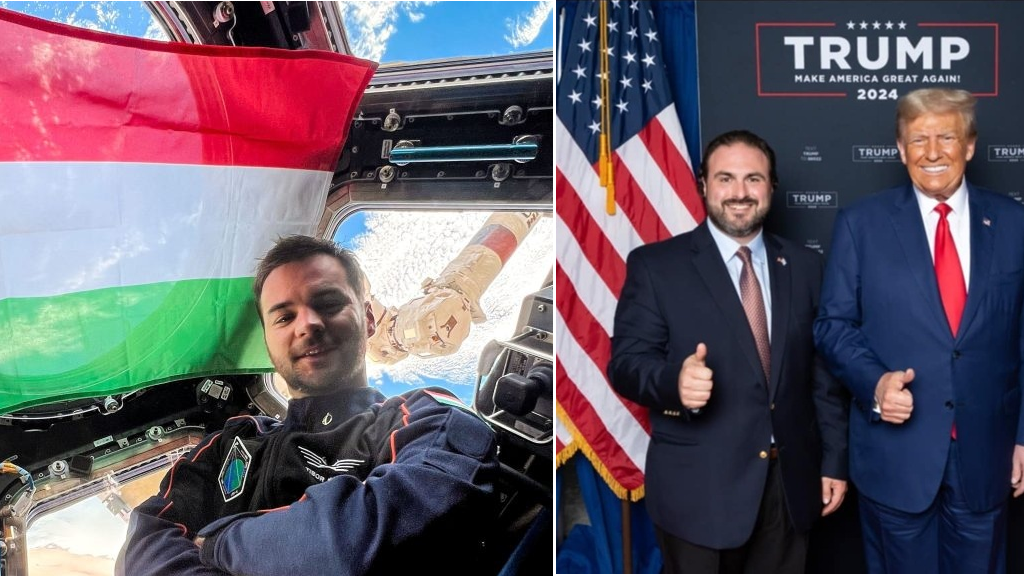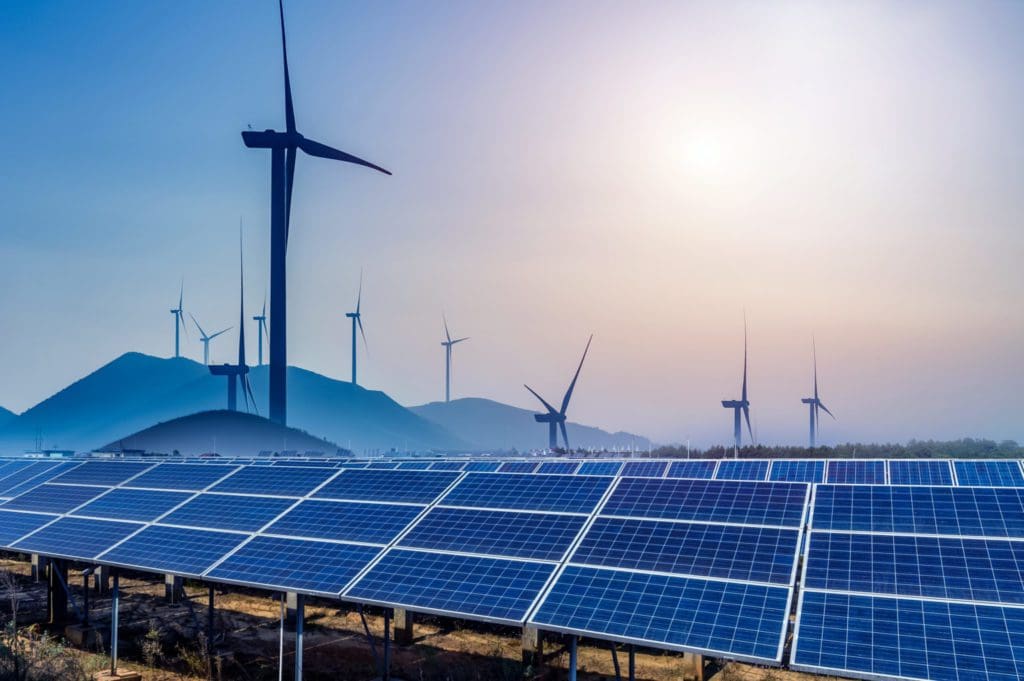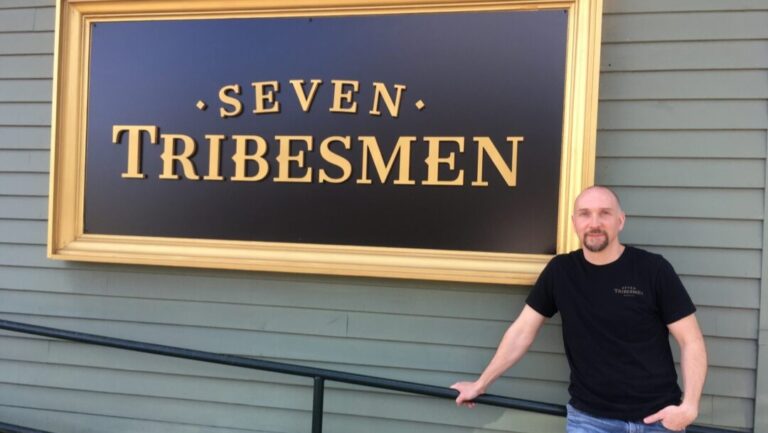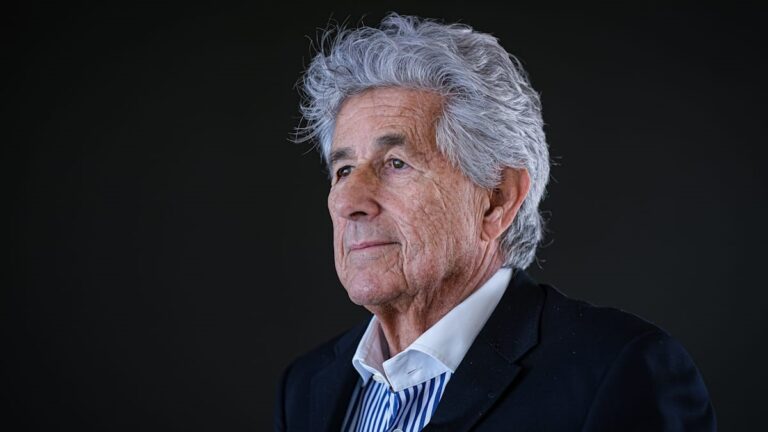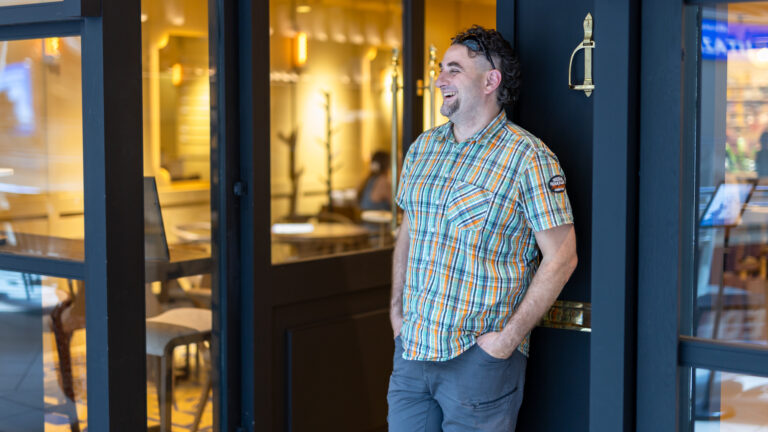The UN Climate Conference COP26 began on 31 October 2021 and will run until 12 November 2021, in Glasgow, Scotland. The climate summit hosts world leaders from nearly 200 countries. The aim of the event is to find an answer on how to achieve the goals of the Paris Agreement. We discussed the challenges of climate change, the possible solutions and the contribution of Hungary to this issue with Zsófia Rácz on COP26.
There has been a lot of talk and conferences about climate change in recent times. How do you think young people can contribute to the issue of climate change and sustainability in practice?
I believe it is crucial that we are already talking about this topic, that it is now in the public consciousness. Even to this day, many people do not understand what climate change means. Several politicians like to use the phrase ‘climate change’ as an empty slogan, but they do not give it a meaningful content. We, young people, have a responsibility for our future, and we need to feel obliged to pass on this planet to our children and grandchildren at least in the same condition as it is now. We have to act because even small efforts could contribute to sustainability. Everyone is scared the first time and might feel that real difference cannot be made, or these actions cannot save the world, and it is topped with the climate anxiety that we hear about more and more. Young people feel that they are too weak to make a change. Every action counts, even the smallest ones. There are different levels of responsibility: personal responsibility, social responsibility, and global responsibility. We could make a change on an individual level. We are addicted to our habits, although we can easily turn our bad habits into good habits. I am talking about pretty simple things: collecting garbage selectively, using a bamboo toothbrush instead of plastic, having a shower for less time, eating less meat, shopping from the local market, and buying less decorative fruits and vegetables. If we start to change at a personal level, we can then have an impact on our community and hopefully later on the global level as well.
An important element in achieving the ambitious goals is to reduce high levels of air traffic. Ironically, a significant proportion of those arriving at the climate summit used private aircraft – about 400 private planes landed on the scene – which released approximately 13,000 tonnes of carbon dioxide into the air. What is your experience with COP26? Do you think there will be real changes after the conference?
The purpose of this conference is not to redeem the world in a few days, and participants do not come for that purpose either
The purpose of this conference is not to redeem the world in a few days, and participants do not come for that purpose either. Different people come for various reasons. Some of them come to learn. I also came for the purpose to educate myself. Some people come to build a relationship because it is their job and they want to connect with people who are also working in this field and yes, some just come to tell you that they were here. The purpose of this conference is not to redeem the world in a few days, and participants do not come for that purpose either. Different people come for many various reasons. Someone is coming to learn. I also came for this purpose to educate myself. Some people come to build a relationship because dealing with climate change is their job and they want to connect with people who are also working in this field and yes, someone is just coming to tell you that they were here. It is very sickening and hypocritical that people come to a conference on sustainable development in private jets and then talk about the harmful effects of emissions. At least, they should to try to come by an environmentally friendly way. Hypocrisy has always been and always will be. It is very important not to generalize. Some people have deep concerns on this subject. It is not the conference that matters, but what happens afterward. What matters is the people who go home from here and take the experience and knowledge they have gained here, to their university, to their workplace, to their own countries and put it into practice.
What is your opinion on Hungary in the fight against climate change? How important is it for the Hungarian government to tackle climate change?
I am very happy that it is becoming more important in Hungary, although I am not saying that we do not have much to do in this area. Recently, Hungary has launched a climate protection strategy, which sets relatively new and very ambitious goals. I think, if there is national cooperation on this issue, these goals are achievable, not necessarily in the short but in the medium and long term. I am pleased that there is a separate state secretariat for this purpose, the Development of Circular Economy, Energy and Climate Policy, of the Ministry for Innovation and Technology. I think that State Secretary Attila Steiner is the proper person to handle this issue and he can represent this subject on an international level. I am also pleased with the ban on disposable plastic and delighted that these measures are reflected at the legislative level. I sincerely hope that there will be more of this in the near future.
There are a lot of young participants in this year’s COP26 conference. Do you think there is a need for a stronger education of environmental awareness in Hungarian educational institutions?
Absolutely, and I think the sooner we start the education, the better. So, it is essential to have teachers and educators, even in kindergarten and primary school, who can explain to children how important this issue is. There is already good practice in high schools, the so-called ‘sustainability week’ when a whole week is about understanding the topic of sustainability and climate change. During this week young people are discussing and learning about this topic. And sustainability is only a part of environmental sustainability. Social and economic sustainability are also important, and it is essential to see this as a whole complex picture. The sooner young people understands this, the more it becomes a matter of concern to them.

